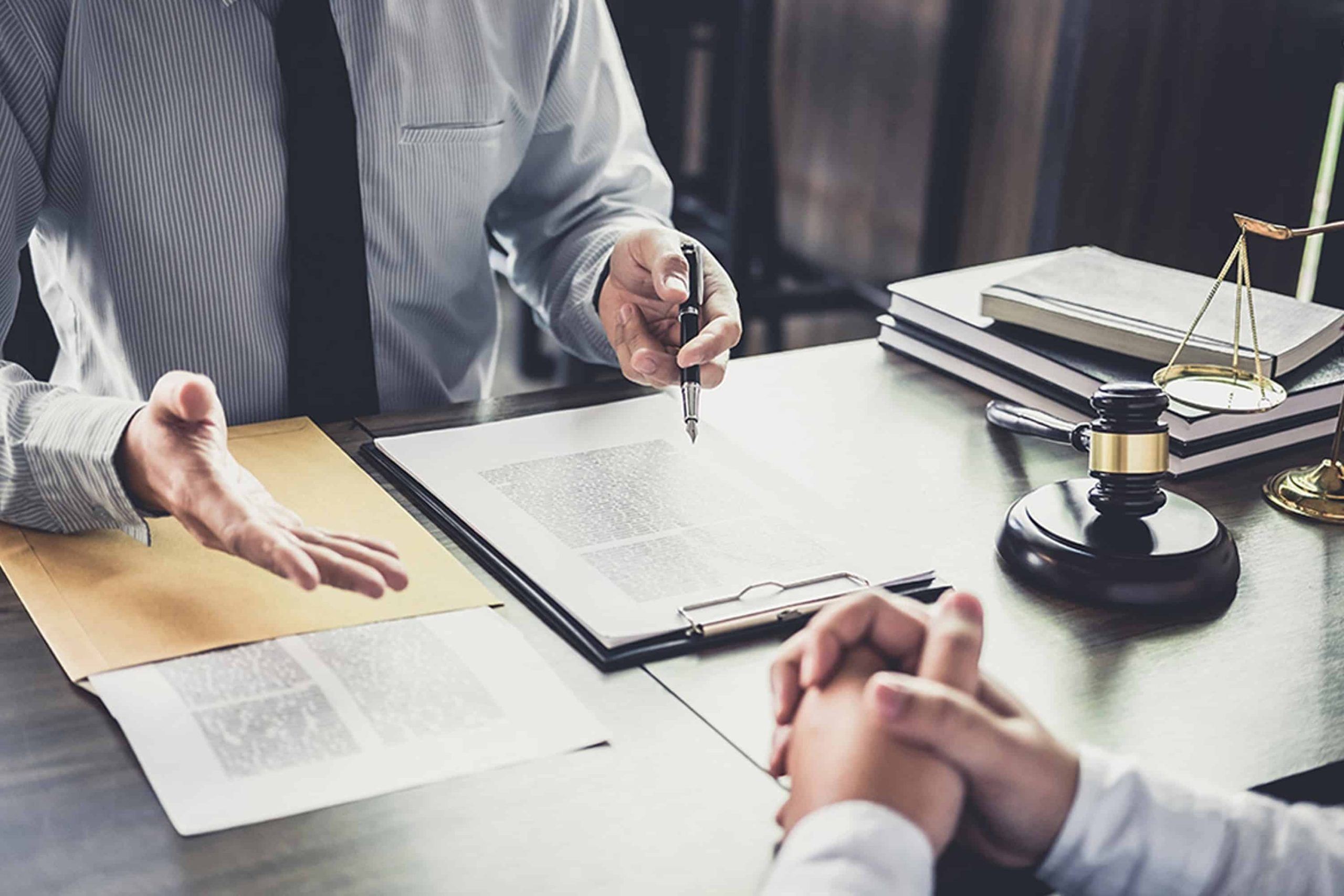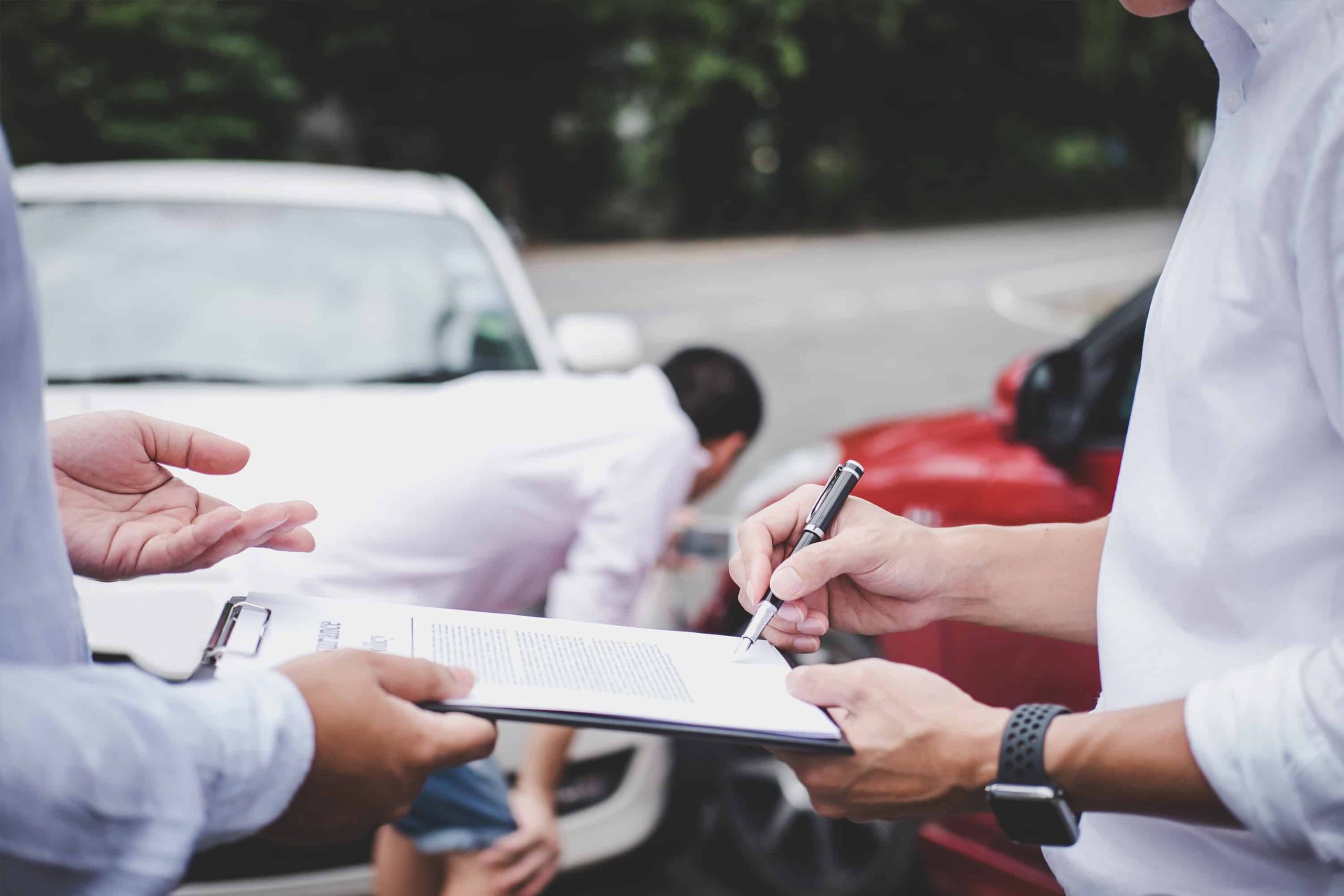
Cuano and Smith Attorneys are among the best in the area. When contacting a personal injury attorney, it’s crucial to choose one with experience and knowledge of local and state laws pertaining to such cases. The right attorney can provide an overview of the process to pursue a civil claim for compensation and assist in assessing damages, obtaining evidence to create the strongest case possible, negotiating with insurance companies on your behalf, and presenting your claim in court, if necessary, to ensure maximum financial restitution.
It’s equally important to understand all aspects of personal injury and wrongful death cases, explore any implications associated with such cases, outline any challenges they may face while representing their client, identify potential solutions for navigating through these issues successfully, discuss strategies for implementing those solutions effectively and assessing the impact on their client’s case as a whole. In addition, it’s imperative that lawyers keep themselves updated with any changes in laws or regulations related to personal injury and wrongful death cases. This includes staying informed about recent court rulings, legislative reforms, and other developments that may affect their clients’ legal options and outcomes.
In summary, Cusano Smith PLLC are knowledgeable professionals who can help navigate through complex legal matters concerning personal injury or wrongful death claims. Seek out an experienced attorney who will work hard on your behalf as soon as possible to take advantage of their expertise.
Moreover, it’s crucial for clients to be transparent with their lawyer and provide all the essential pieces of evidence that can help strengthen their case. Lawyers can only work with the information they have, so the better the quality of evidence, the better the chances of a favorable outcome. Additionally, lawyers must be compassionate and empathetic.
If you need representation, reach out to Cusano Smith PLLC serving Bedford Hills, Westchester County, Hudson Valley, and New York City.
Their team of skilled attorneys provides personalized attention to each client, ensuring that their specific requirements and concerns are met. They go above and beyond to ensure that their client’s legal rights are protected and that they receive the compensation and justice they deserve.
10 Crucial Mistakes to Avoid after a Car Accident: Insights from a Personal Injury Attorney
Finding yourself involved in a car accident can be a distressing experience. In the aftermath of such an event, it’s crucial to handle the situation with care and avoid making common mistakes that could potentially harm your case. As a personal injury attorney with extensive experience, I have witnessed the repercussions of these mistakes firsthand. In this article, I will provide valuable insights into the ten crucial mistakes you should steer clear of after a car accident.
1. Fleeing the Scene:
Leaving the accident scene without fulfilling your legal obligations is a serious offense. Always stay at the scene until the authorities arrive and follow the necessary procedures, including reporting the accident and exchanging information with the involved parties.
2. Neglecting to Call Emergency Services:
Contact emergency services immediately after an accident, especially if there are injuries. Prompt medical attention and a police report are crucial for your safety, as well as for insurance claims and potential legal proceedings.
3. Admitting Fault:
Avoid making any statements that may imply or admit fault. Admissions made in the heat of the moment can later be used against you. It’s best to refrain from discussing fault until you have consulted with a personal injury attorney.
4. Neglecting to Gather Information:
Collecting essential information from all parties involved in the accident, as well as any witnesses, is crucial. Obtain names, contact details, driver’s license numbers, license plate numbers, insurance information, and descriptions of the vehicles involved. This information will be valuable during the claims process.
5. Failing to Document the Scene:
Take photos or videos of the accident scene, vehicle damage, road conditions, and any visible injuries. These visual records can serve as crucial evidence to support your case.
6. Delaying Medical Attention:
Even if you feel fine immediately after the accident, it’s important to seek medical evaluation promptly. Some injuries may not be immediately apparent, and delaying medical attention could weaken your case. Documenting your injuries and receiving timely treatment is essential for your well-being and any potential legal proceedings.
7. Accepting Quick Settlement Offers:
Insurance companies may attempt to offer a quick settlement that undervalues your claim. Avoid accepting any settlement offers without consulting with a personal injury attorney. They will assess the true worth of your claim and negotiate on your behalf for a fair and just settlement.
8. Neglecting to Preserve Evidence:
Insurance companies may attempt to offer a quick settlement that undervalues your claim. Avoid accepting any settlement offers without consulting with a personal injury attorney. They will assess the true worth of your claim and negotiate on your behalf for a fair and just settlement.
9. Skipping Legal Consultation:
Consulting with a personal injury attorney is vital to protect your rights and navigate the legal complexities associated with car accidents. An experienced attorney can guide you, negotiate with insurance companies, and ensure that you receive fair compensation for your injuries and damages.
10. Ignoring Time Limits:
Every state has specific time limits, known as statutes of limitations, within which you must file a personal injury claim. Ignoring these deadlines can result in the loss of your right to seek compensation. Consult with an attorney to understand and comply with the applicable time limits.
In the aftermath of a car accident, avoiding these crucial mistakes is essential to protect your rights and ensure a favorable outcome. By steering clear of these pitfalls, you can navigate the post-accident process more effectively and increase your chances of receiving fair compensation. Remember to consult with a personal injury attorney who can provide tailored legal guidance and representation throughout the entire process. Stay cautious, stay informed, and make wise decisions to protect your future.
How to Prepare Before Meeting with a Personal Injury Attorney
When seeking legal advice and representation for a personal injury case, it’s important to approach the initial meeting with a personal injury attorney in a prepared and organized manner. Proper preparation beforehand can help maximize the effectiveness of your meeting and ensure that you provide all the necessary information for your case. In this blog post, we will guide you through essential steps to take before meeting with a personal injury attorney, enabling you to make the most of your consultation.
1. Gather Relevant Documents:
Compile all relevant documents related to your personal injury case. This includes accident reports, medical records, photographs, insurance policies, correspondence with insurance companies, and any other documents that pertain to the incident. Organize them in a logical manner, making it easier for your attorney to review and understand the details of your case.
2. Document Your Account of the Incident:
Write down a detailed account of the incident while the events are still fresh in your memory. Include information such as the date, time, location, weather conditions, and a step-by-step narrative of what transpired. Be as specific and accurate as possible, as this account will serve as a valuable resource for your attorney to understand the circumstances surrounding the incident.
3. List Witnesses:
Compile a list of potential witnesses who were present during the accident or have relevant information about the incident. Include their names, contact information, and a brief description of their connection to the incident. This list will assist your attorney in conducting further investigations and gathering evidence.
4. Outline Your Injuries and Medical Treatment:
Document any injuries you sustained as a result of the incident and the medical treatment you have received or are currently undergoing. Include details about hospital visits, surgeries, medications, rehabilitation, and any other medical procedures or therapies. This information will help your attorney assess the extent of your injuries and calculate the potential damages you may be entitled to.
5. Create a List of Questions:
Prepare a list of questions you have for the personal injury attorney during the meeting. Consider asking about their experience with similar cases, their approach to handling your case, the potential timeline, and the likelihood of success. Having a prepared list will ensure that you cover all your concerns and gain a better understanding of the legal process.

